How Do I Maintain AC Centrifugal Fans for Long Service Life?
How Do I Maintain AC Centrifugal Fans for Long Service Life?
Proper maintenance is essential to ensure long-term reliability, optimal performance, and compliance with industrial safety standards. By implementing a structured maintenance program, you can significantly extend the service life of your AC centrifugal fans, minimize unplanned downtime, and reduce total cost of ownership.
Below are key maintenance best practices recommended by industry professionals:
1. Regular Impeller Cleaning
- Why it matters: Dust and debris accumulation on the fan impeller can cause imbalance, increase vibration, and reduce airflow efficiency.
- Best practice: Clean blades periodically using compressed air or a soft brush—especially in dusty or particulate-heavy environments.
Tip: Imbalanced fans not only reduce performance but also accelerate bearing wear.
2. Bearing Lubrication
- Why it matters: Bearings are subject to mechanical stress and heat. Proper lubrication prevents metal-to-metal contact, reducing friction and extending service life.
- Best practice: Follow manufacturer-recommended lubrication intervals and use the correct grade of grease or oil.
Note: Over-lubrication can be just as harmful as under-lubrication. Always use calibrated dispensing tools.
3. Vibration Analysis
- Why it matters: Abnormal vibration is an early warning sign of impeller imbalance, bearing degradation, or motor misalignment.
- Best practice: Use portable vibration meters or install vibration sensors for real-time monitoring.
Result: Enables predictive maintenance instead of reactive repairs.
4. Motor Inspection
- What to check:
- Electrical connections for signs of arcing or wear
- Motor winding temperature rise under full load
- Insulation integrity and grounding continuity
- Best practice: Incorporate motor thermography or megger testing during annual maintenance.
Ensures safe, energy-efficient operation and reduces motor failure risks.
5. Fastener Integrity Checks
- Why it matters: Loose mounting bolts, fan housing fasteners, or frame supports can lead to vibration, noise, and structural failure.
- Best practice: Check and torque all fasteners according to the equipment’s maintenance manual.
Especially important after transport, installation, or high-load operation.
6. Safety Guard Verification
- Why it matters: Guards protect maintenance personnel from contact with rotating parts.
- Best practice: Inspect guards for physical damage, secure attachment, and proper coverage.
Non-compliance with guarding standards may result in OSHA citations or workplace accidents.
7. Corrosion-Resistant Coating Checks
- Why it matters: Fans operating in chemical plants, coastal areas, or humid environments require anti-corrosion coatings.
- Best practice: Visually inspect coated surfaces for peeling, rust, or chemical attack, and reapply protective layers as needed.
Enhances durability in harsh conditions, especially in outdoor or corrosive air systems.
8. Lockout/Tagout (LOTO) Safety Procedures
- Why it matters: Performing maintenance without isolating electrical and mechanical energy poses serious safety risks.
- Best practice: Always follow standardized LOTO protocols before servicing fans, motors, or belts.
Required under OSHA 1910.147, NFPA 70E, and NEC for safe maintenance procedures.
Routine Maintenance Schedules
- Monthly: Visual inspection, impeller cleaning (as needed), check for unusual noise or vibration.
- Quarterly: Bearing lubrication, fastener torque check, motor amperage reading.
- Annually: Vibration analysis, insulation resistance testing, system alignment review.
Compliance & Safety Standards
A properly maintained AC centrifugal fan not only performs reliably but also helps your facility stay compliant with:
- OSHA safety requirements
- NFPA fire protection guidelines
- NEC electrical safety standards
Need a custom maintenance checklist or lifecycle support plan?
Our service team provides inspection templates, training, and
on-site support to keep your systems running efficiently.
👉 Contact us to schedule a maintenance consultation or request technical documentation.


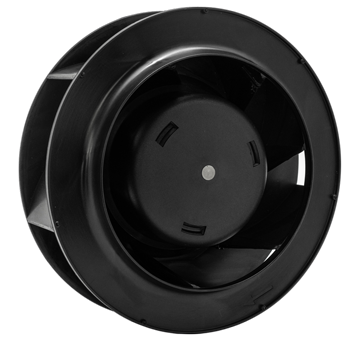
.png)
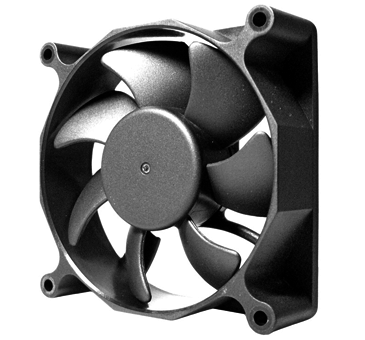
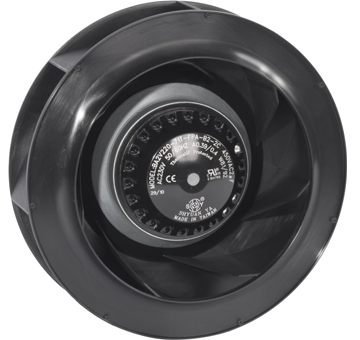
.jpg)
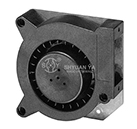
.jpg)
_top.jpg)
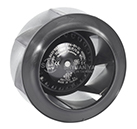
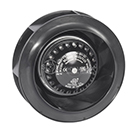
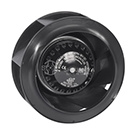
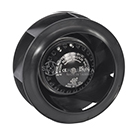
.jpg)
.jpg)
.jpg)
.jpg)
.jpg)
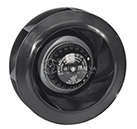
.jpg)
.jpg)
.jpg)
.jpg)
.jpg)
.jpg)
.jpg)
.jpg)
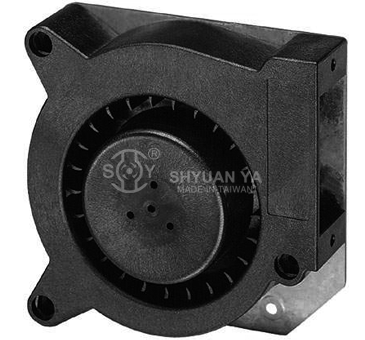
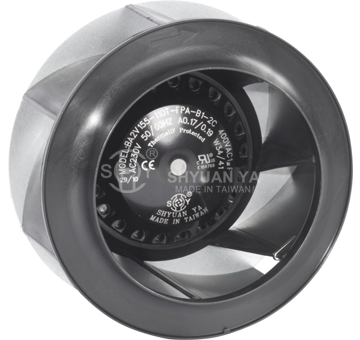
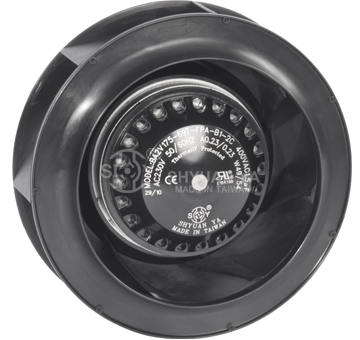
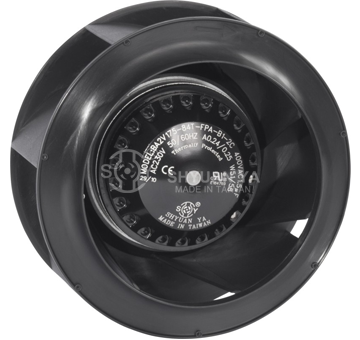
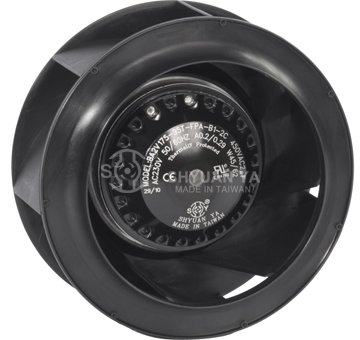
.jpg)
.jpg)
.jpg)
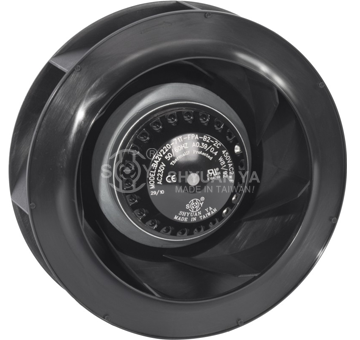
.jpg)
.jpg)
.jpg)
.jpg)
.jpg)
.jpg)
.jpg)
.jpg)
.jpg)